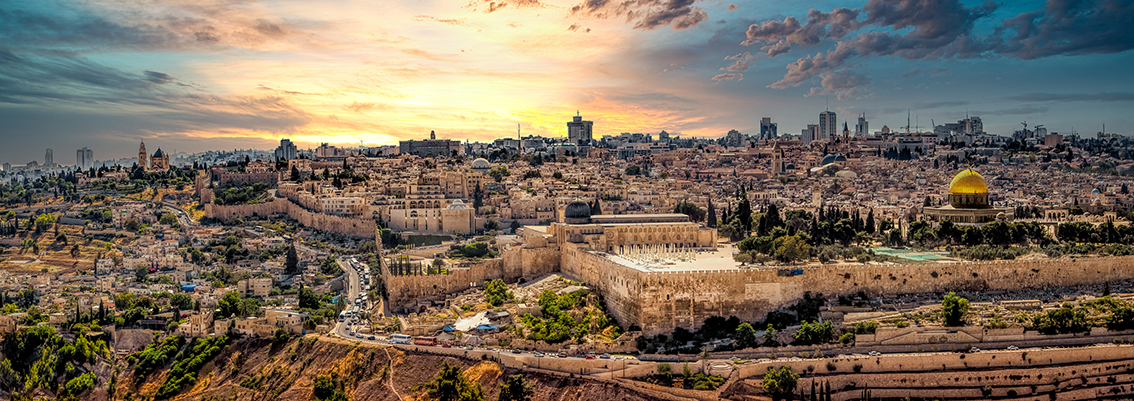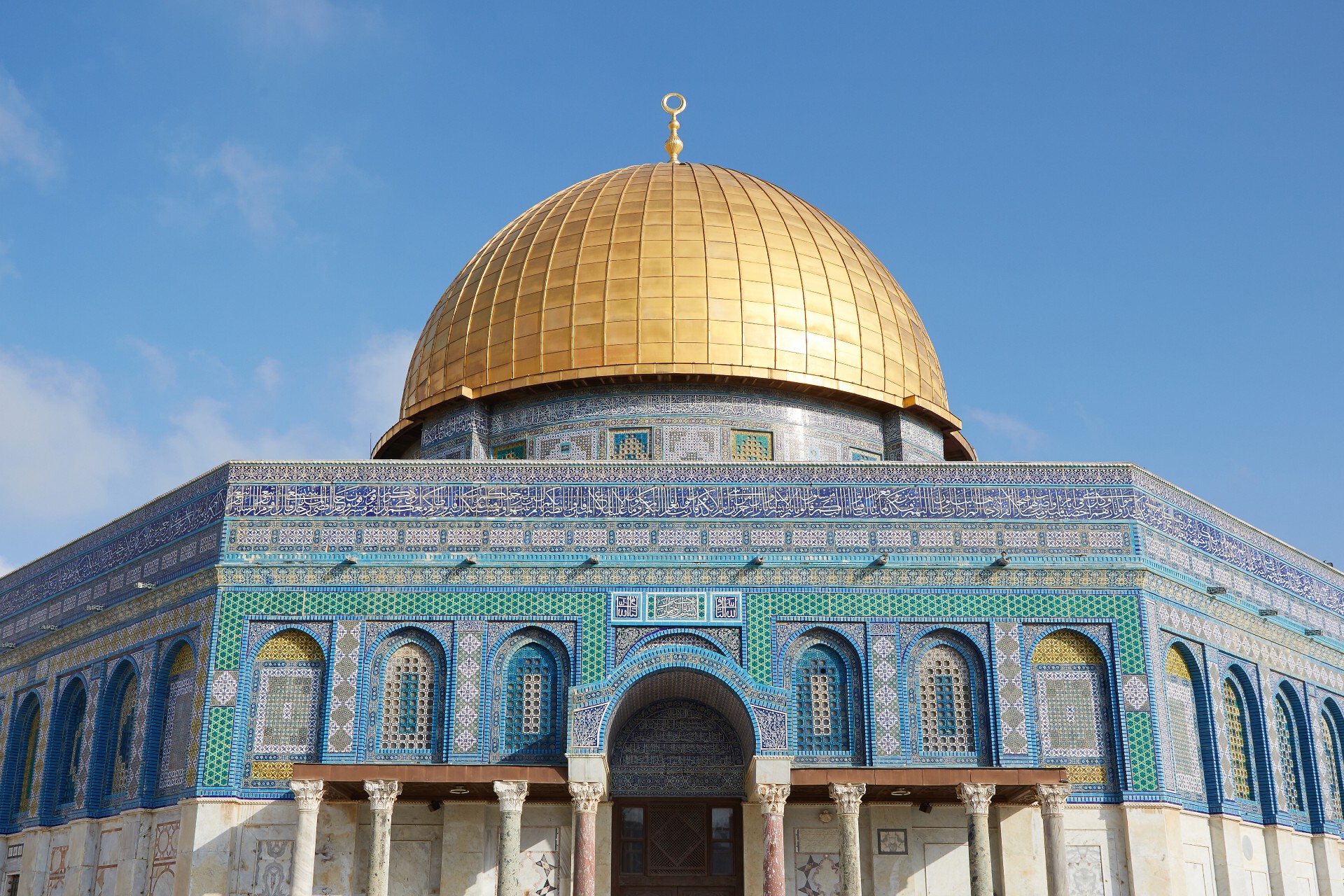Learning objective
- To understand the significance of places for some Jewish and non-Jewish people.
Success criteria
- I can explain the significance of the
This content is for subscribers only. Join for access today.
Religious Education Council Curriculum Framework for RE in England (non-statutory guidance):
- A1: Describe and make connections
This content is for subscribers only. Join for access today.
Cross-curricular links
English
Speaking and
This content is for subscribers only. Join for access today.
Before the lesson
This content is for subscribers only. Join for access today.
Lesson plan
Recap and recall
Explain that the children will work to unscramble key vocabulary from the previous lesson. Display the Presentation: Anagrams and hand out whiteboards and pens. Explain the task to the children and ask them to write the correct word on their whiteboard. When they have solved it, ask them to write what the word means and…
This content is for subscribers only. Join for access today.
Extended-mode explainer videos
How to extend your display to view the lesson page and preseantion mode simultaneously. Choose your operating system below to watch the video
If you need further support with extending your display,
please contact [email protected].
Extended-mode explainer video: For Mac
Extended-mode explainer video: For Windows
Adaptive teaching
Pupils needing extra support
Should use the Activity: The Western Wall: support with the sentence stems; could have the children’s ideas displayed on the board from the discussion of slide 1 the Presentation: Would I leave a message?, helping them explain why someone might or might not leave a message at the Western Wall; could re-watch the Pupil video: Travel blog: Jerusalem to remind them of the key reasons people visit the Western Wall before completing their ‘for’ and ‘against’ ideas in the Wrapping up.
Pupils working at greater depth
Should compare the reasons a religious visitor and a tourist might behave differently at the Western Wall; should explain why some people may or may not choose to leave a message at the Wall, linking their reasoning to wider ideas about place significance in both religious and non-religious contexts; could consider the long-term impact of leaving a message as a non-Jewish visitor and reflect on how their feelings about their message might change over time.
This content is for subscribers only. Join for access today.
Assessing progress and understanding
Pupils with secure understanding indicated by: articulating the importance of Jerusalem to
This content is for subscribers only. Join for access today.
Vocabulary definitions
-
atheist
A person who does not believe in God or gods.
-
Babylonians
An ancient people who lived in the city of Babylon.
This content is for subscribers only. Join for access today.
In this unit
Assessment - R&W Y6: Why is it better to be there in person?
Lesson 1: What can make a space significant? People, place or practice?
Lesson 2: Why might a Jewish person want to visit Jerusalem?
Lesson 3: Why is Jerusalem significant to some Muslim people?
Lesson 4: How can shared challenge bring people together?
Lesson 5: Are all journeys pilgrimages?
Lesson 6: Why is it better to be there in person?





